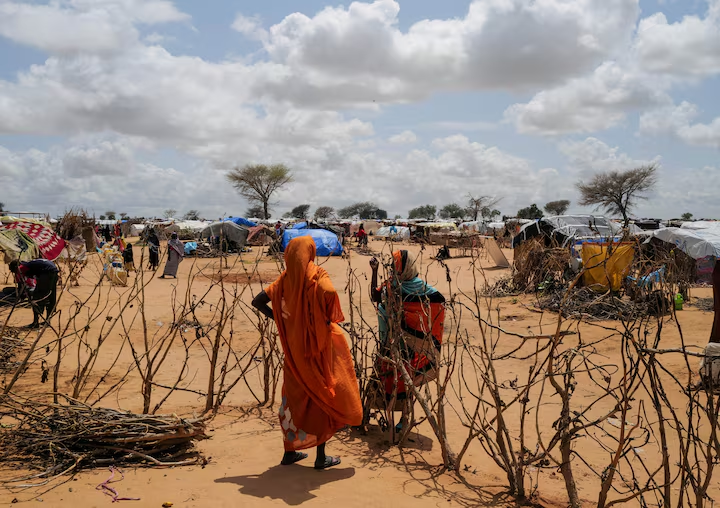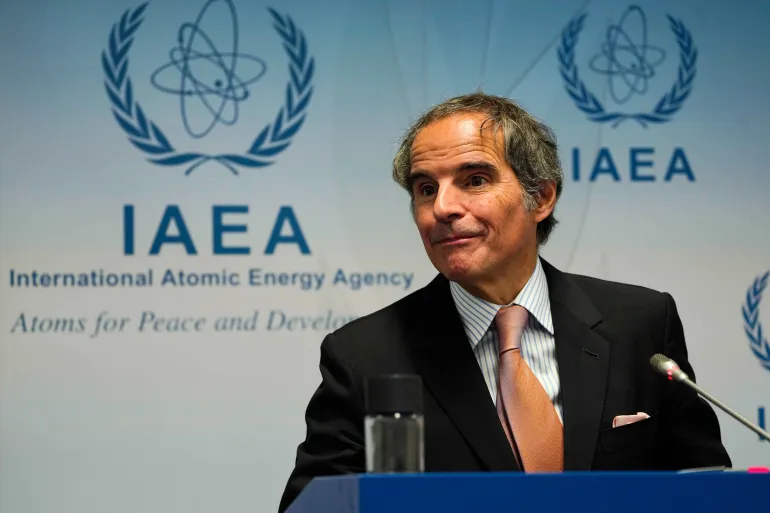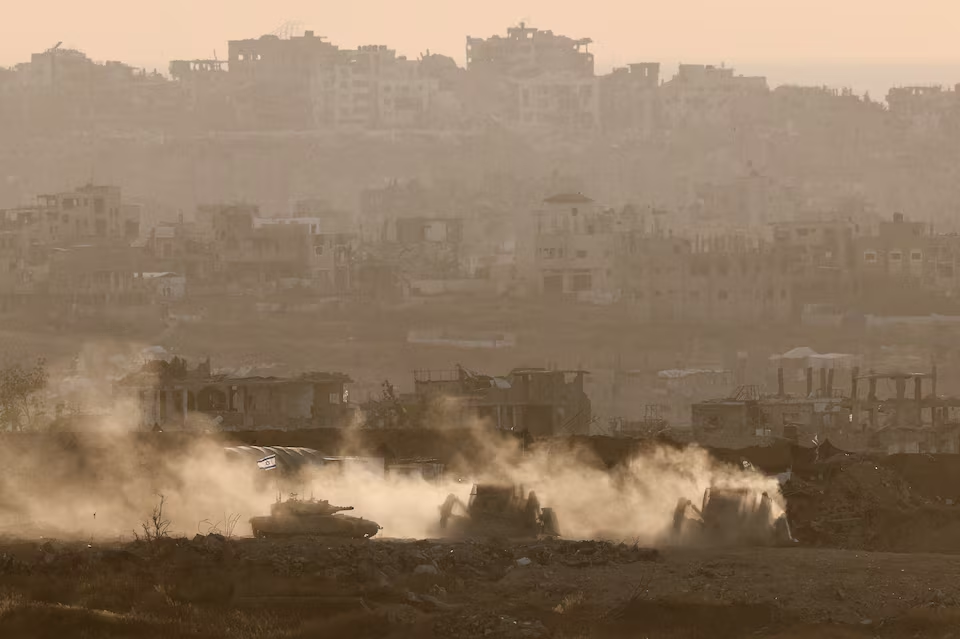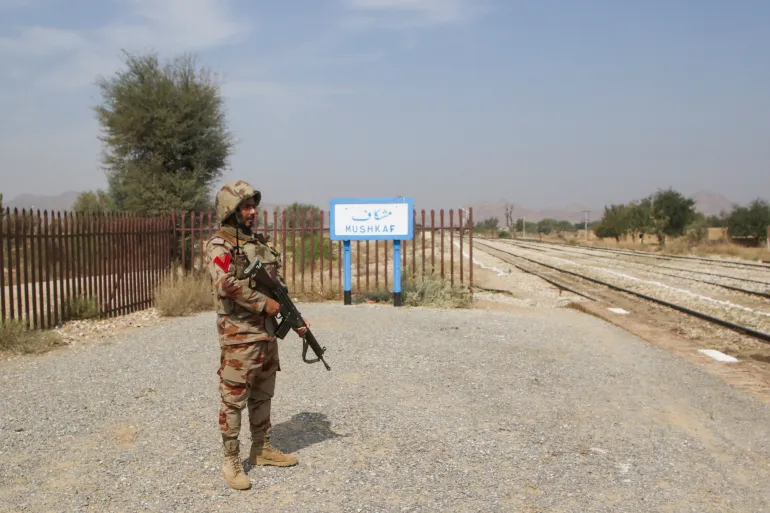The United Nations reported on Tuesday, June 3, that more than 4 million people have fled Sudan to neighboring countries since the country’s civil war erupted in April 2023. The UN High Commissioner for Refugees (UNHCR) described the conflict as one of the world’s fastest-growing displacement crises, warning that host nations are struggling to cope with the influx.
The war, which has raged for over two years, pits Sudan’s regular army under General Abdel Fattah al-Burhan against the paramilitary Rapid Support Forces (RSF) led by Mohamed Hamdan Dagalo, also known as Hemedti. What began as a power struggle has spiraled into a full-blown humanitarian catastrophe.
According to UNHCR spokesperson Olga Sarrado, the majority of the refugees have fled to South Sudan, Chad, Egypt, Ethiopia, and the Central African Republic. Many of the arrivals are women and children in urgent need of food, shelter, and medical care. “These countries are already grappling with their own challenges,” Sarrado noted. “They need immediate support to meet the basic needs of these refugees.”
The UN says an additional 10 million people have been displaced within Sudan’s borders, bringing the total number of people uprooted by the war to over 14 million. The scale and pace of displacement now rival the world’s largest refugee crises.
Conditions for those fleeing are dire. Refugees often walk for days without food or water, and many arrive at border areas severely malnourished or injured. Host nations, especially Chad and South Sudan, are overwhelmed and underfunded, with refugee camps nearing capacity and resources stretched thin.
The UN’s latest appeal for $1.4 billion to support displaced Sudanese remains less than 30% funded. Humanitarian agencies say access to remote border areas remains difficult due to insecurity, infrastructure collapse, and administrative barriers. Aid workers have also reported attacks on convoys and facilities in both Sudan and neighboring regions.
The conflict has devastated Sudan’s economy, health system, and basic services. Major cities like Khartoum, Nyala, and El Geneina have been reduced to battlegrounds, with reports of indiscriminate shelling, ethnic killings, and widespread sexual violence. Schools, hospitals, and markets have been destroyed or shuttered.
UN officials continue to call for an immediate ceasefire and unfettered humanitarian access, but repeated peace efforts have failed. Both the Sudanese Armed Forces (SAF) and RSF have ignored international appeals and continued fighting in densely populated areas.
Filippo Grandi, the UN High Commissioner for Refugees, urged the international community to take action. “The suffering of the Sudanese people is immense. If the violence does not stop and if funding does not arrive, we are staring at an even greater disaster,” he said.
The UN has warned that the refugee numbers could rise further in the coming months unless there is a political breakthrough. Many Sudanese civilians remain trapped in conflict zones, unable to flee due to insecurity, lack of transport, or fear of reprisals from warring factions.
As diplomatic solutions remain elusive, humanitarian organizations are bracing for a protracted crisis. Experts say Sudan risks becoming a “forgotten war” despite the vast scale of suffering.
The UN has called for donor nations to urgently step up support for Sudan’s neighbors, many of which are at risk of destabilization under the strain of refugee inflows. Without meaningful intervention, millions of lives remain in jeopardy.
Source; Reuters



